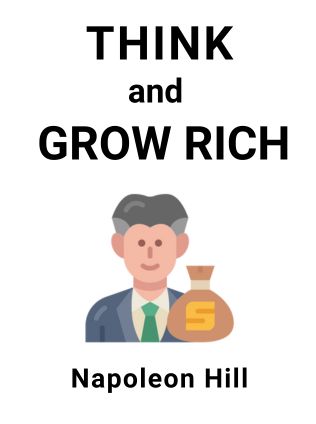
Irresistible
The Seven Secrets of the World's Most Enduring, Employee-Focused Organizations
By Josh Bersin
Published 10/2022
About the Author
Josh Bersin, a renowned global research analyst, educator, and thought leader in the HR and workplace industry, is the founder of Bersin by Deloitte, a leading provider of research-based membership programs in human resources (HR), talent, and learning. With over 25 years of experience, Josh has been at the forefront of major transformations in the corporate world, influencing how organizations attract, engage, develop, and retain their people. His extensive work and insights have made significant contributions to understanding the evolving landscape of work, particularly in the context of technology, globalization, and social consciousness.
Main Idea
In "Irresistible: The Seven Secrets of the World’s Most Enduring, Employee-Focused Organizations," Josh Bersin explores the core principles that make companies not only successful but also highly attractive to employees, customers, and stakeholders. The book presents a new organizational model focused on creating a network of teams, emphasizing the importance of focusing on work rather than rigid job roles, fostering leadership through coaching, building a culture rather than imposing rules, prioritizing growth over promotion, finding purpose beyond profits, and enhancing the overall employee experience. These principles aim to transform companies into agile, responsive, and profitable entities where employees feel empowered and engaged.
Table of Contents
- The New Organizational Model: A Network of Teams
- Focus on the Work, Not the Job
- The New Leadership Model: Leader as Coach
- Culture, Not Rules
- Growth, Not Promotion
- Purpose, Not Profits
- Employee Experience, Not Output
The New Organizational Model: A Network of Teams
In today's fast-paced and ever-changing business environment, traditional hierarchical structures are increasingly becoming obsolete. Bersin argues that the most enduring and successful organizations operate as a network of teams. This model is characterized by its flexibility, rapid adaptability, and a strong sense of collective ownership among team members. Teams are multidisciplinary and diverse, enabling them to address complex challenges more effectively and creatively.
When employees work in small, empowered groups, they build trust and camaraderie, which in turn fosters innovation and agility. Teams are quick to form and disband as needed, allowing organizations to respond to market changes and internal needs swiftly. As Bersin notes, "Teams make sense for many reasons: they are more engaging, they are quick to form and disband, and over time they generate camaraderie and trust" (Bersin).
successful implementation of this model include:
- Design teams collaborating with marketing and sales to create customer-centric products.
- Cross-functional project teams addressing specific business challenges with diverse perspectives.
- Agile development teams continuously improving and iterating on products based on user feedback.
This network of teams is essential in today’s world, where businesses face unprecedented changes and challenges. By operating as a network rather than a strict hierarchy, companies can better leverage their collective intelligence and adapt more quickly to new situations. The fluidity of team structures allows for greater innovation and responsiveness, as employees are not bogged down by rigid roles and can move where they are most needed. As Bersin describes, “In a network of teams, people move easily from team to team. People are sought out to join teams based on their reputation and skills, which encourages them to focus on expertise, not on politics, to succeed” (Bersin).
The advantages of this model are clear. Teams can form and reform as needed, tackling different projects and challenges with the appropriate skill sets. This not only enhances the company’s ability to innovate and solve problems but also keeps employees engaged and motivated. They have the opportunity to work on a variety of projects, develop new skills, and build stronger relationships with their colleagues.
Focus on the Work, Not the Job
The concept of fixed job roles and hierarchies is gradually being replaced by a focus on the work itself. In an era where skills, experience, and ambition drive success, Bersin emphasizes the need for internal job marketplaces and flexible career paths. Employees are encouraged to move across functions and teams, gaining diverse experiences and developing new skills along the way.
Sign up for FREE and get access to 1,400+ books summaries.
You May Also Like
The Subtle Art of Not Giving a F*ck
A Counterintuitive Approach to Living a Good Life
By Mark MansonThe Lean Startup
How Today's Entrepreneurs Use Continuous Innovation to Create Radically Successful Businesses
By Eric RiesWho Moved My Cheese?
An Amazing Way to Deal with Change in Your Work and in Your Life
By Spencer Johnson, M.D.You Are A Badass
How to Stop Doubting Your Greatness and Start Living an Awesome Life
By Jen SinceroDaring Greatly
How the Courage to Be Vulnerable Transforms the Way We Live, Love, Parent, and Lead
By Brené Brown



















